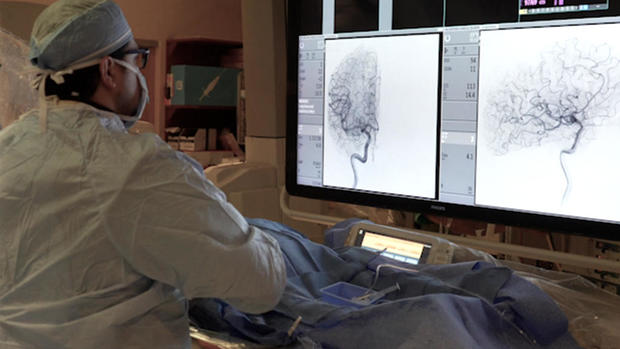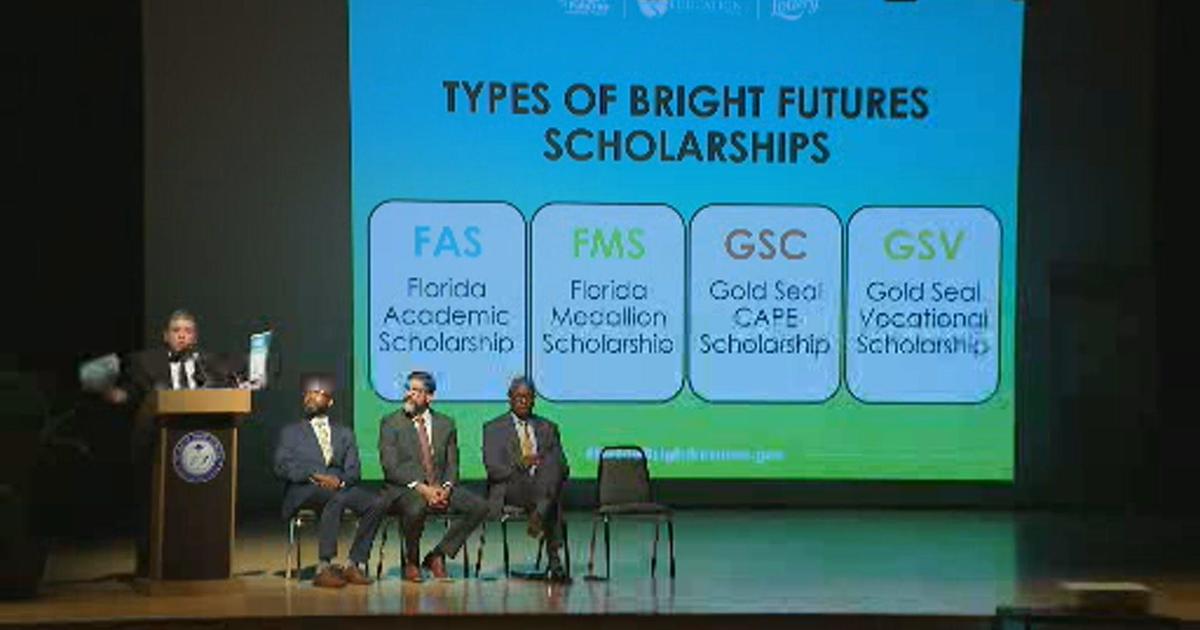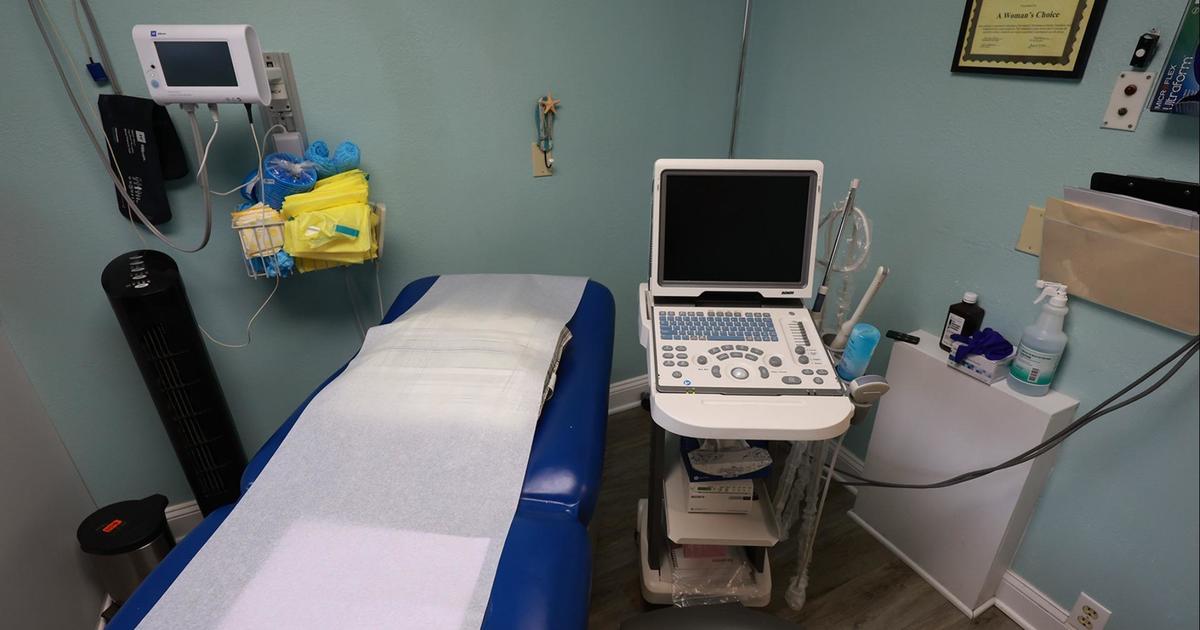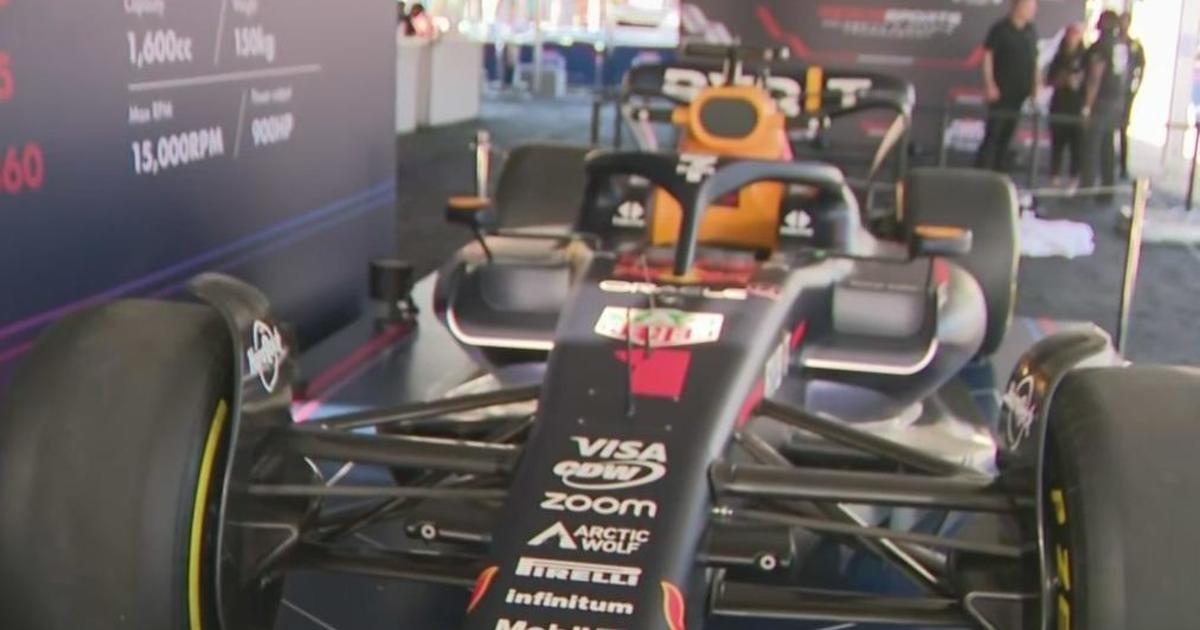Artificial Intelligence Is Leading To Faster Stroke Diagnosis, Treatment and Better Outcomes
Every 40 seconds someone in the United States experiences a stroke. With more than 795,000 patients annually experiencing a stroke, it is now the leading cause of disability for Americans. Identifying risk factors such as hypertension, vascular disease, high cholesterol, smoking, obesity and diabetes can play a critical role in the steps you can take to prevent a stroke from happening to you.
Even with a healthy lifestyle, a stroke can unfortunately occur. Today, advances in medicine, technology and early detection offer stroke patients an improved chance at survival and the opportunity to recover with a high quality of life.
Memorial Healthcare System's Haris Kamal, MD, Stroke Neurologist and Neuro-Interventional Surgeon, explains how fast stroke detection can help save a life. "Speed and time to treatment is the number one factor that makes a difference in how a patient will do even after stroke treatments. When somebody is having a stroke, they're losing 2 million brain cells every minute and every hour that a stroke treatment is delayed, Kamal says, "the human brain ages by seven years. And so, it is of paramount importance that if somebody is having a stroke, call 9-1-1and be rushed to a comprehensive stroke center/hospital ER where they are equipped to treat stroke patients."
In South Florida, Memorial Healthcare System Comprehensive Stroke Centers have been nationally recognized as a leader in stroke care, providing fast diagnosis, advanced life-saving treatment and better outcomes.
Today, Dr. Kamal and his team are utilizing advanced technology, specifically artificial intelligence, or AI, to help get patients treated faster. "Artificial intelligence has made huge in-roads in stroke care. At Memorial, imaging systems at all of our hospitals are equipped to detect stroke identifiers on neuroimaging being performed for all stroke patients being evaluated in the ED. These systems then alert me and the neuro-interventional stroke team, in real-time, 24-hours a day via our phones, and the app."
AI systems like these provide tremendous value in expediting treatment. If they have a blockage in a major artery in the brain, we are able to transfer these patients directly to the interventional suite, where we can access the artery in the brain using catheter to reestablish blood flow in the area of the blockage. This treatment called mechanical thrombectomy is the most powerful treatment in any form of medicine for helping patients recover back to independence.
"This is cutting edge technology and it translates into better outcomes." Said Kamal. "AI allows us to shave off all the time that it would have taken for a Radiologist to read the picture then call the ER doctor. This direct pathway provides patients access to neuro-endovascular specialists directly, without even anyone having to make a phone call."
Can you recognize a stroke?
Identifying symptoms can help get yourself or a loved one the life-saving, advanced medical care they need.
Remember the acronym, BE FAST.
B - Balance, Is the person suddenly having trouble with balance or coordination?
E - Eyes, Is the person experiencing suddenly blurred or double vision or a sudden loss of vision in one or both eyes without pain?
F - Face Drooping, Does one side of the face droop or is it numb? Ask the person to smile.
A - Arm Weakness- Is one arm weak or numb? Ask the person to raise both arms. Does one arm drift
downward?
S - Speech Difficulty - Is speech slurred, are they unable to speak, or are they hard to understand? Ask the person to repeat a simple sentence like, "The sky is blue." Is the sentence repeated correctly?
T - Time to Call 911 - If the person shows any of these symptoms call 9-1-1 immediately.
For more information on stroke treatment, prevention and Memorial Comprehensive Stroke Centers, visit MHS.net.




